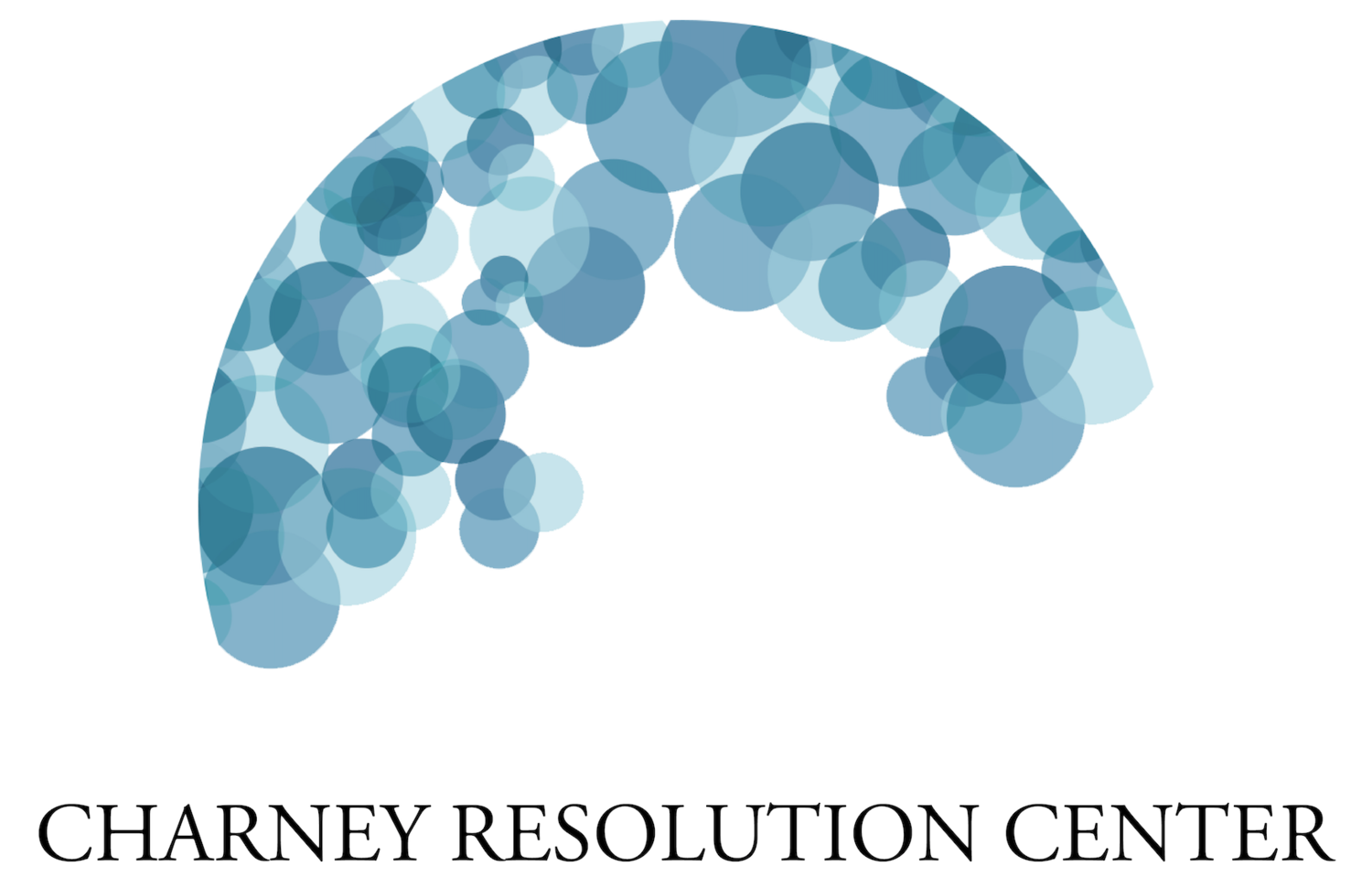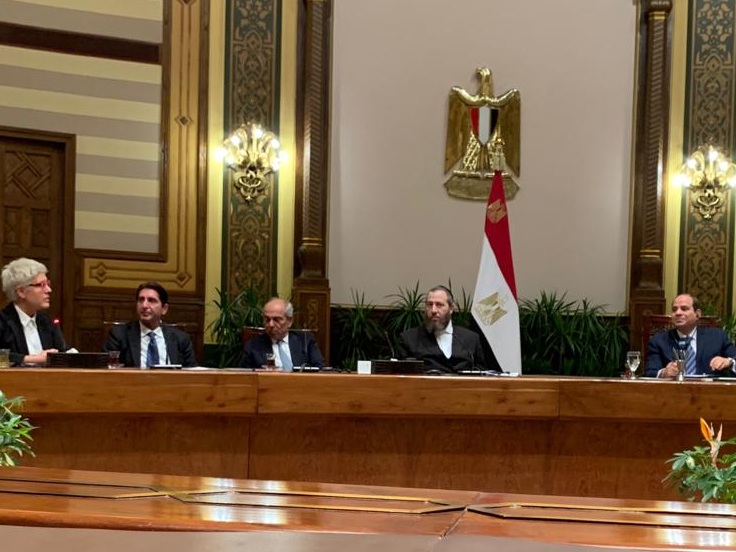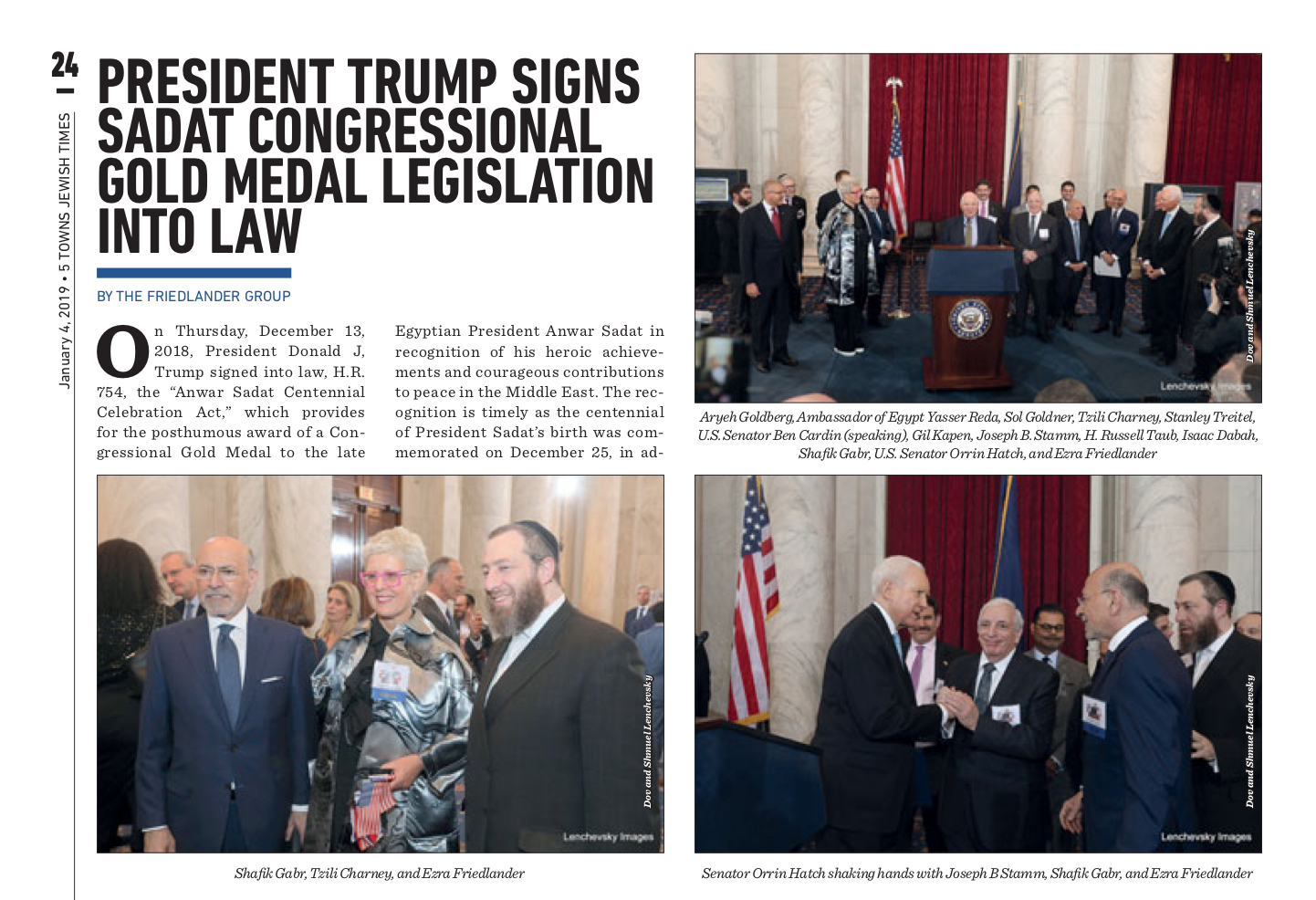On the surface, the Israel-UAE and Israel-Bahrain accords, which were concluded within days of one another, do not appear to rise to top-tier status among negotiated settlements. While tangible material exchanges, such as land or specific rights, may be important components of a deal, the two agreements reached this month include something more valuable: recognition. Diplomatic recognition is more than nations agreeing to exchange ambassadors, it is an important indicator of survival.
Read moreMessage from The Carter Center
"Dear Virus" by Mohammed Gohar
Dear Virus,
With my camera in hand, I’ve covered the most viciously destructive fourteen wars, yet I haven’t seen anything in them that compares to the fighting I see now in the world. Our enemy hides death in layers of its kisses. It conceals itself like a snake in the grass, rattling and startling history to stop in its path. Everyone is targeted. After people become separated and isolated, the enemy showers them with drops of pain and loss of the ones we love. The aggression of the storm is destroying the years of culture we have harvested. Sports, arts, social gatherings and more are no longer. In its first battle, the enemy conquered globalization and opened the door to death, assassinating elements of the lifestyle that we had chosen.
Read moreTzili Charney speaking at Anwar Sadat Congressional Gold Medal Design Unveiling
Deputy Chief of Staff Baylor Myers, US Mint Direct David Ryder, Assistant Secretary for Management David Eisner, Deputy Secretary Justin Muzinich, Rabbi Chesky Blau, Rabbi Elie Abadie, Gamal Sadat, Ambassador Yasser Reda, Shafik Gabr, Ezra Friedlander, Tzili Charney.
On September 17 Egyptian President Anwar el-Sadat and Israeli Prime Minister Menachem Begin signed the Camp David Accords, laying the groundwork for a permanent peace agreement between Egypt and Israel. Tzili Charney speaking at Anwar Sadat Congressional Gold Medal Design Unveiling at the US Department of the Treasury in Washington DC.
Read moreEgyptian President Abdel Fattah el-Sisi expresses his appreciation for the CRC’s Peace Talks Initiative
Egyptian President Abdel Fattah el-Sisi with the delegation at the Presidential Palace in Cairo
Tzili Charney, founder of The Leon Charney Resolution Center was part of the delegation of Anwar Sadat’s Congressional Gold Medal Commission on Tuesday, February 19th at the Presidential Palace in Cairo, Egypt. She engaged President Sisi in dialogue pertaining to the important mission of the Resolution Center and gave an overview of its various programs. Afterwords, she received some words of encouragement and appreciation from President Sisi about how important the center’s mission is and to continue its ongoing effort to reach regional peace.
Read moreSadat Congressional Gold Medal Reception
Honored Guest Tzili Charney speaking at the podium
Left to Right: Egyptian Ambassador to the USA, Yasser Reda, Chairman, Centers for Jewish Future (YU) & Sadat Commission Co-Chair Aryeh Goldberg, CEO, Gold Star Healthcare LLC, & Sadat Commission Co-Chair Sol Goldner, Honored Guest Tzili Charney, Sadat Commission Co-Chair Aubrey Sharfman, Founder, Jerusalem Conference & Sadat Commission Co-Chair Stanley Treitel, Sadat Commission Co-Chair Gil Kapen, Sadat Commission Co-Chair & Director of External Relations Microsoft Suhail Khan, Sadat Commission Co-Chair & CEO, Medreview Joseph B. Stamm, Sadat Commission Co-Chair & former Ambassador Russell Taub, Sadat Commission Co-Chair & CEO Delta Galil Isaac Dabah, US Senator Ben Cardin, Event Coordinator Chesky Blau, International Chairman Sadat Commission & CEO Artoc Shafik Gabr, US Senator Orrin Hatch, Sadat Commission Co-Chair & CEO, The Friedlander Group, Ezra Friedlander
SELECTED QUOTES FROM TZILI SPEECH AT THE EVENT: DOWNLOAD PDF
On November 13th, Tzili Charney was an honorary guest at the occasion of the centennial of Egyptian President Anwar Sadat's birth and the celebration of the 40th anniversary of the signing of the Camp David Accords, the Anwar Sadat Congressional Gold Medal Commission celebrates his recognition by the US Congress with a Congressional Gold Medal for his efforts to promote peace and reconciliation. The event took place at the Russell Senate Office Building in Washington DC.
Of his many achievements, President Sadat is most widely recognized for making peace with Israel. On November 19, 1977, in the aftermath of the Yom Kippur war, he became the first Arab leader to officially visit Israel. In his address to the Knesset, he proposed ending 30 years of hate and animosity between his country and the State of Israel through establishing a mutually beneficial peace treaty. This action ended up laying the foundation for the first round of serious and direct negotiations between the two countries. During this time, President Sadat cultivated a strong working relationship with US Secretary of State Henry Kissinger throughout months of shuttle diplomacy. Secretary Kissinger later remarked, "He [Sadat] possessed that combination of insight and courage which marks a great statesman."
As a result, on September 17, 1978, President Sadat and Israeli Prime Minister Menachem Begin signed the Camp David Accords, the first step towards the 1979 signing of a peace treaty between Egypt and Israel. President Sadat and Prime Minister Begin were awarded the Nobel Prize for their efforts in 1978.
Anwar Sadat was one of the greatest visionaries the world has ever seen, a champion of peace and a pioneer of diplomacy. He devoted - and lost - his life to combat, hatred and intolerance, sending a message to the world that peace can prevail.
Today, it is more important than ever to remember these virtues of goodwill and peace as Israel seeks to establish peace and security in the Middle East. As President Sadat said on his visit to Israel in 1977, "There are moments in the life of nations and peoples when it is incumbent on those known for their wisdom and clarity of vision to overlook the past, with all its complexities and weighing memories, in a bold drive toward new horizons."
Artoc Shafik Gabr, Tzili Charney and Ezra Friedlander
Egyptian Ambassador to USA, Yasser Reda and Tzili Charney










